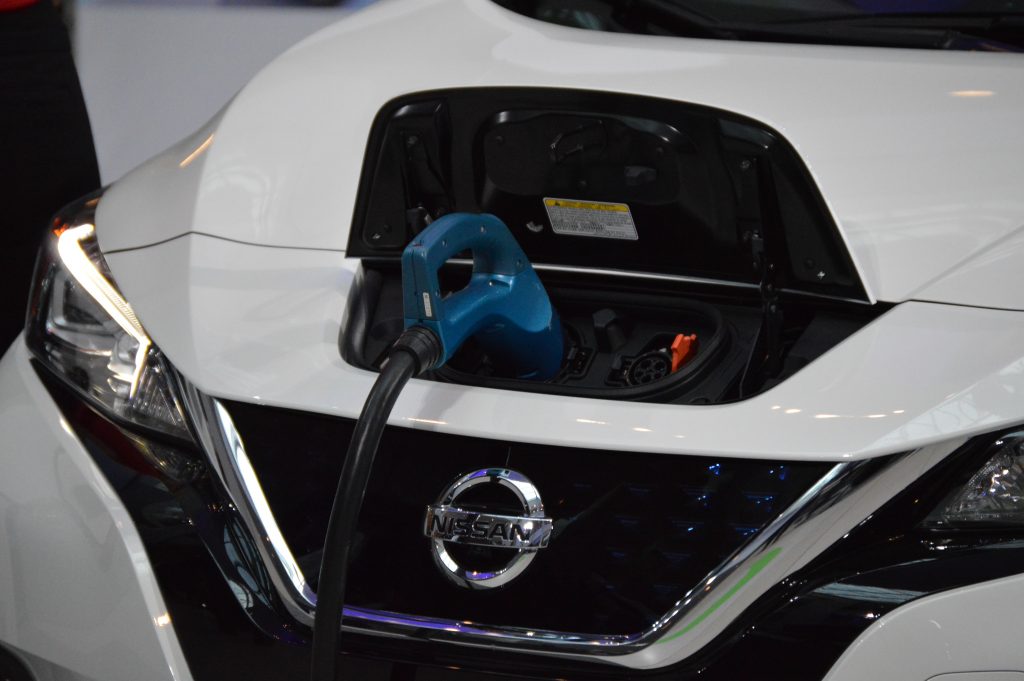If Everyone Else Had An Electric Car, Would You Buy One Too?
An economist and author is applying basic principles of peer pressure in hopes that people will make more environmentally friendly decisions.

The earth just saw the hottest January in more than 140 years of record keeping, and just weeks ago the hottest ever temperatures were recorded in Antarctica. We are living in the age of an impending climate crisis and for most of us, it seems like life goes on each day, business as usual.
“Studies have shown that if we just get one house to install [solar panels] in a neighborhood you’ll see another installation in four months.” – Robert Frank, author
Most people will likely continue to ignore the growing signs of climate change until it starts disrupting their lives in ways that can’t be ignored.
But what if there’s a way we could start to embrace climate friendly policies and even feel motivated to change our behavior? Perhaps by buying an electric car or installing solar panels. Detroit Today host Stephen Henderson speaks with someone who says we can start modify individual behavior by applying good old fashioned peer pressure.
Listen: Robert Frank on using peer pressure to encourage environmental stewardship.

Guest
Professor Robert Frank is a Cornell economist, New York Times columnist and the author of “Under The Influence: Putting Peer Pressure to Work.”
On the power of peer pressure, Frank says, “We have a very strong impulse to at least consider what other people are doing.”
The power of personal influence can be mobilized to generate sustainable choices.
“Studies have shown that if we just get one house to install [solar panels] in a neighborhood you’ll see another installation in four months,” say the author. Frank argues that while individual choices impact the environment in small ways, behavioral contagion has the ability to change minds, compounding what started as a singular decision into a broader influence.
